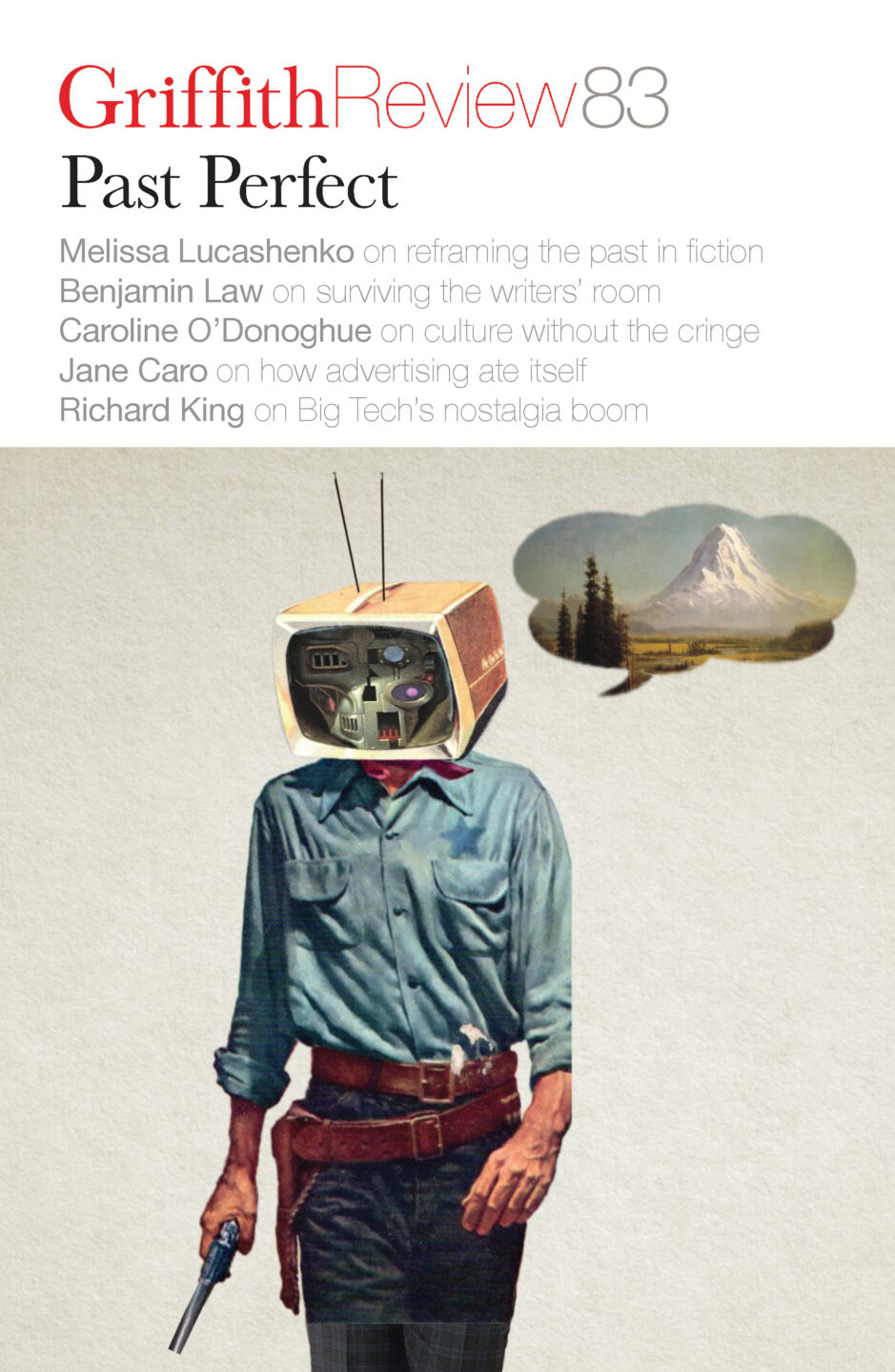Featured in

- Published 20240206
- ISBN: 978-1-922212-92-4
- Extent: 204pp
- Paperback, ePub, PDF, Kindle compatible


Already a subscriber? Sign in here
If you are an educator or student wishing to access content for study purposes please contact us at griffithreview@griffith.edu.au
Share article
More from author

Culture warrior
It’s safe to say, then, that Star’s protagonist is not a carbon copy of Mishima, despite the novelist’s status as Japan’s first Sūpāsutā (superstar). Twenty-three and blindingly gorgeous, Rikio Mizuno, known by the anglicised monomer Richie, is a Japanese James Dean. ‘I am a speeding car that never stops,’ Richie muses, conflating the icon with the instrument of his death. ‘I’m huge, shiny and new, coming from the other side of midnight… I ride and ride and never arrive.’ Unlike Dean, Richie survives past his twenty-fourth birthday, the addition of a single year weighing on him like a death sentence. At the story’s conclusion, when Richie is confronted by the crinkled visage of a matinee idol of yesteryear, he realises that having celebrated the twenty-fourth birthday Dean was denied by his Porsche 550 Spyder, ‘Little Bastard’, he has missed his chance to, as Dean said, ‘Live fast, die young and leave a good-looking corpse.’
Anyone who has been to a gay guy’s thirtieth birthday party will recognise the sentiment.
More from this edition

The fall of the madmen
Non-fictionThe problem with a fear-based workplace – and indeed world – is that caution and compliance are not compatible with creativity. Creativity searches for the things that have never been done before, on which, by definition, there is as yet no data. Scott Nowell argues that the obsession with data has made us lose faith in our own instincts, so it’s not surprising that creativity is not valued the way it once was. And the source of creativity has shifted to the consumers themselves.

Time plays tricks
IntroductionTen years ago, the late, great cultural theorist Mark Fisher posited that our ‘montaging of earlier eras’ had reached such fever pitch that we no longer even noticed our submersion in a sea of bygones. And sitting alongside this purported cultural inertia are our increasingly divergent attitudes towards history – the far-right impulse to romanticise the past, the far-left desire to remedy its wrongs – and how they inflect our politics.

Escaping the frame
In ConversationAll my work as a writer and activist over the last fifty years has comprised various attempts at what I call ‘escaping the frame of European colonisation, European story and European ways of telling story’.